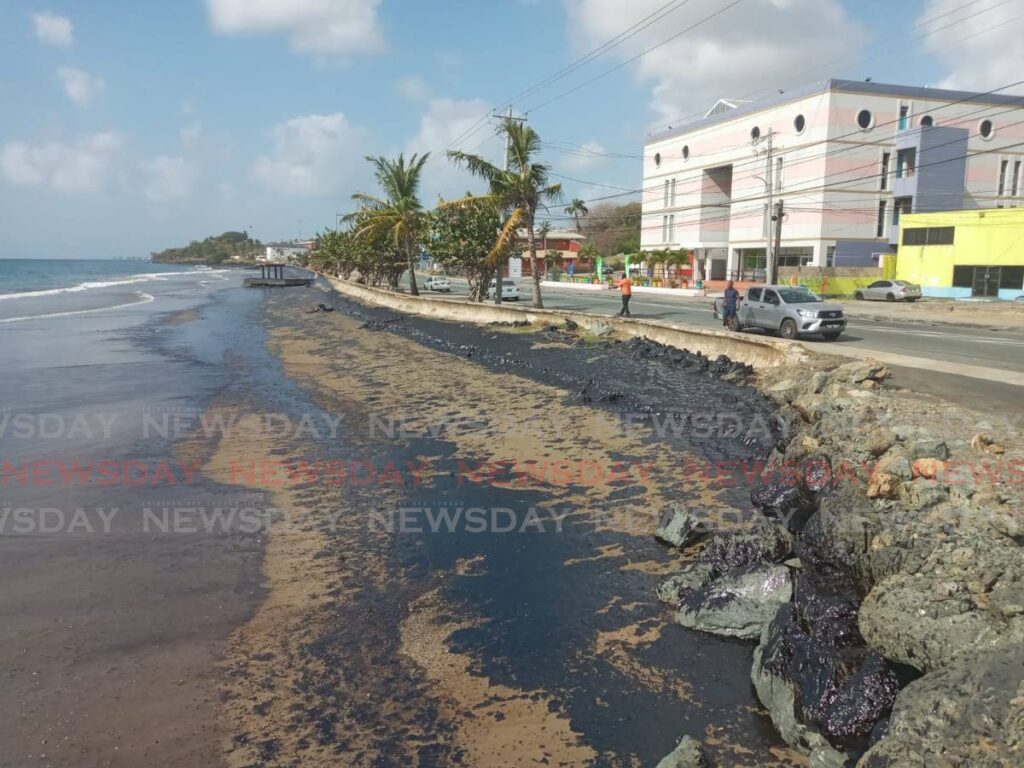Team up on energy-sector emergencies

HAVING maintained a staunch commitment to the hydrocarbon industry, the Prime Minister and regional leaders like Dr Irfaan Ali are now calling for closer collaboration in the energy sector.
The calls by Dr Rowley and the Guyana President this week at the 2024 Guyana Energy Conference and Supply Chain Expo are not new.
However, they take on an added dimension considering the Tobago oil-slick disaster.
If, as a region, we are moving to deepen our stake in the sector, we must be prepared to heighten contingency planning to deal with what happens when things go wrong.
Many questions remain in the ongoing Tobago situation. However, what is clear is that the fallout from this incident is not confined to that island.
A failure to contain contamination in one jurisdiction has implications for the region. Satellite imagery has shown the black slick has made its way into the maritime territory of Grenada and Venezuela.
Authorities have suggested the vessels involved may have been destined for Guyana. It is all a mess, and a decidedly regional one.
As a result, there have been calls to establish a regional emergency response agency.
But there is no shortage of such co-ordinating agencies in the Caribbean.
The Caribbean Disaster Emergency Management Agency (CDEMA) has oversight of the Regional Security System, which involves an array of Caricom entities such as the Caricom Disaster Relief Unit, the Caricom Operational Support Team, the Caricom Disaster Assessment and Co-ordination Team and the Regional Search and Rescue Team, among others.
Entities such as Caricom Impacs are also meant to co-ordinate regional information-sharing and analysis.
Additionally, countries have individual environmental agencies, such as the Environmental Management Authority and the Institute of Marine Affairs in TT and Environmental Protection Agency in Guyana.
However, what the Tobago oil-slick disaster suggests is a possible need for a specialist agency to deal with energy-sector emergencies, placing greater emphasis on man-made disasters, as opposed to things like hurricanes.
Such an agency would be able to move beyond the public-private collaboration that takes place between energy companies that have a stake in these affairs and the State.
The wealth of experience this country has with oil spills – from the deadly Tobago oil spill of 1979, still ranked as one of the largest and deadliest in history, and the Petrotrin oil spills of 2013 – would suggest a range of skills, systems and capabilities in dealing with energysector incidents.
The recent Paria diving tragedy, however, made clear there are enormous gaps to be plugged in industry oversight.
The ongoing Tobago saga, coming at a time when regional leaders seem adamant about the future role of oil and gas in local economies, is a stark reminder that we need supporting contingency measures in place alongside capital investments.
If not, we could pay a heavy price, as demonstrated by the images of Tobago's once-pristine beaches blackened by oil.


Comments
"Team up on energy-sector emergencies"